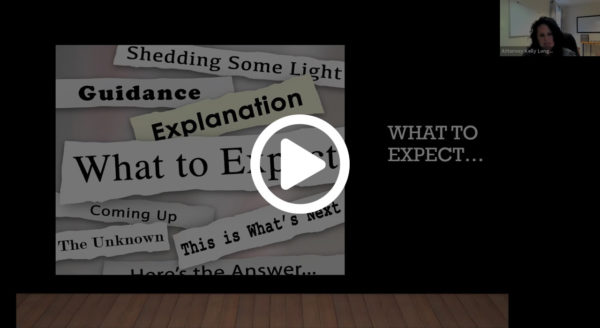
Sep 24, 2024 | Insights
The ordinary meaning of the word residue is a leftover part or remnant. In estate planning, residue has a special meaning, referring to the portion of a deceased person’s assets that remain after all debts and taxes have been paid and gifts have been made to...

Sep 17, 2024 | Insights
Although parents can be highly creative and detailed in structuring conditional gifts, their freedom to impose terms is limited. In general, courts will not uphold conditions that are illegal, uncertain, unreasonable, impossible, or contrary to public policy. Here are...

Sep 10, 2024 | Insights
You have two primary options for leaving an inheritance to a child. The most straightforward is to give it to them in a single lump sum, with no strings attached. But this might not be the best option for some children. You may be concerned about the child’s ability...

Sep 3, 2024 | Insights
Planning for your pets in your estate plan is an excellent way to ensure that your beloved pet will receive proper care and attention after you pass on. The problem, of course, is that you will not be there to ensure that your wishes are carried out. That is why it is...

Aug 27, 2024 | Insights
Moving away from home is a major milestone in adulthood. For the first time, you might have to secure housing, buy insurance, sign up for utilities, and manage your finances. All of this can feel overwhelming as you simultaneously adapt to a new living environment and...

Aug 13, 2024 | Insights
A trust does not guarantee that an addicted person will be protected from their own bad decisions, but it can be structured in a way that helps ensure that an inheritance is used to their benefit and not to their detriment. The Instructions Can Be Tailored to Meet...








